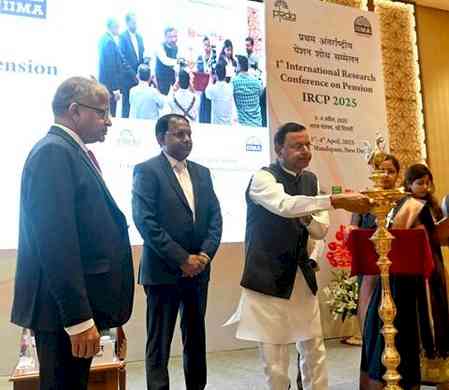Workers cannot take any type of work against employer interest: Labour Minister
A worker shall not take any type of work against the interest of employer in addition to his or her job as per the legal framework, the Parliament was told on Monday.

New Delhi, Dec 19 (IANS) A worker shall not take any type of work against the interest of employer in addition to his or her job as per the legal framework, the Parliament was told on Monday.
"As per the Industrial Employment (Standing Orders) Act 1946, a workman shall not at any time (type of) work against the interest of the industrial establishment in which he is employed and shall not take any employment in addition to his job in the establishment, which may adversely affect the interest of his employer," Minister of State for Labour & Employment Rameshwar Teli told the Lok Sabha in a written reply.
Replying to a question on whether the government considers moonlighting the reason behind the layoffs of employees, he stated that employment and retrenchment, including lay-offs, are a regular phenomenon in industrial establishments and no specific information is available to indicate that lay-offs are happening due to moonlighting.
In reply to another question about whether the government has instructed companies not to fire employees as a result of moonlighting, Teli said that the jurisdiction in the matters with regard to multinational and Indian companies in the IT, social media, edtech firms, and related sectors lie with the respective state governments.
"The lay-off and retrenchment in industrial establishments are governed by the provisions of the Industrial Disputes Act, 1947 (ID Act) which also regulates various aspects of lay-off and conditions precedent to retrenchment of workmen.
"The establishments which have 100 or more employees, as per the ID Act, are required to seek prior permission of the appropriate government before effecting closure. Any retrenchment and lay-off are deemed to be illegal, which is not carried out as per the provisions of ID Act," he said.


 IANS
IANS 








